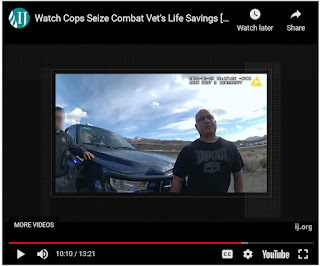Booking.com has a reputation for terrible customer service. I knew that going in. But I took the risk anyway, and I got scammed.
While planning a trip to Amsterdam, I found a listing on Booking.com for a place called Storestay Damsquare. It was a lot cheaper than similar options which were still available, so I booked it without reading the reviews or double-checking the fine print. That was my first mistake.
A few months went by, and it was finally time for the trip. Three days before our flight, I get an email from Storestay Damsquare requesting a $600 wire transfer as a security deposit. They made it clear in the email that they would only accept a direct bank wire transfer. If the money wasn’t received before check-in, they said it would be considered a no-show, and we would lose the $1,200 we had already paid.
An international wire transfer is a massive, obvious red flag. I’ve stayed in dozens of hotels and rentals and never once been asked to wire money directly from my bank for a security deposit. But with our flight 3 days away and no alternative lined up, we felt trapped and reluctantly sent the money. I told my wife as we wired the money, "we're probably not getting this deposit back."
When we arrived in Amsterdam, the apartment was pretty disappointing. It was tiny, didn’t include the advertised balcony, and had almost no insulation. It was loud and drafty, and the smoke from the tattoo shop downstairs would drift right through the walls. We didn’t complain because we weren’t spending much time there and just wanted to enjoy the trip and explore the city.
The real problems started after we checked out.
We left the apartment spotless, as we always do. But Storestay Damsquare withheld our $600 deposit and refused to explain why. I asked multiple times for an itemized breakdown of any supposed damages or fees and they would always dodge the question or pretend that they didn't understand the request. They never accused us of any damage.
When I left a negative review on Booking.com detailing our experience and the missing refund, things escalated. The “manager,” Carol, sent me a hostile and ominous email. She threatened legal action and hinted that they would find additional damages to charge us for, clearly as a way to pressure us into taking down the review. But I refused to take it down. Other potential renters should be warned.
Unfortunately, since we booked the rental with a credit card and were past the 120-day dispute window, there was nothing we could do through the card company. However, we were able to initiate a dispute on the wire transfer through PNC bank. I know the chances of recovering the money are slim, but PNC might come through. I also filed a complaint with the FTC and I posted reviews of Storestay Damsquare to Yelp, Google and Tripadvisor.
Storestay Damsquare is running a neat little operation scamming people. Learn from my experience. Always read the fine print, never wire money upfront, don't book non-refundable rooms and read the reviews. And remember, Booking.com wont lift a finger to help you.
 |
| Storestay Damsquare |


















